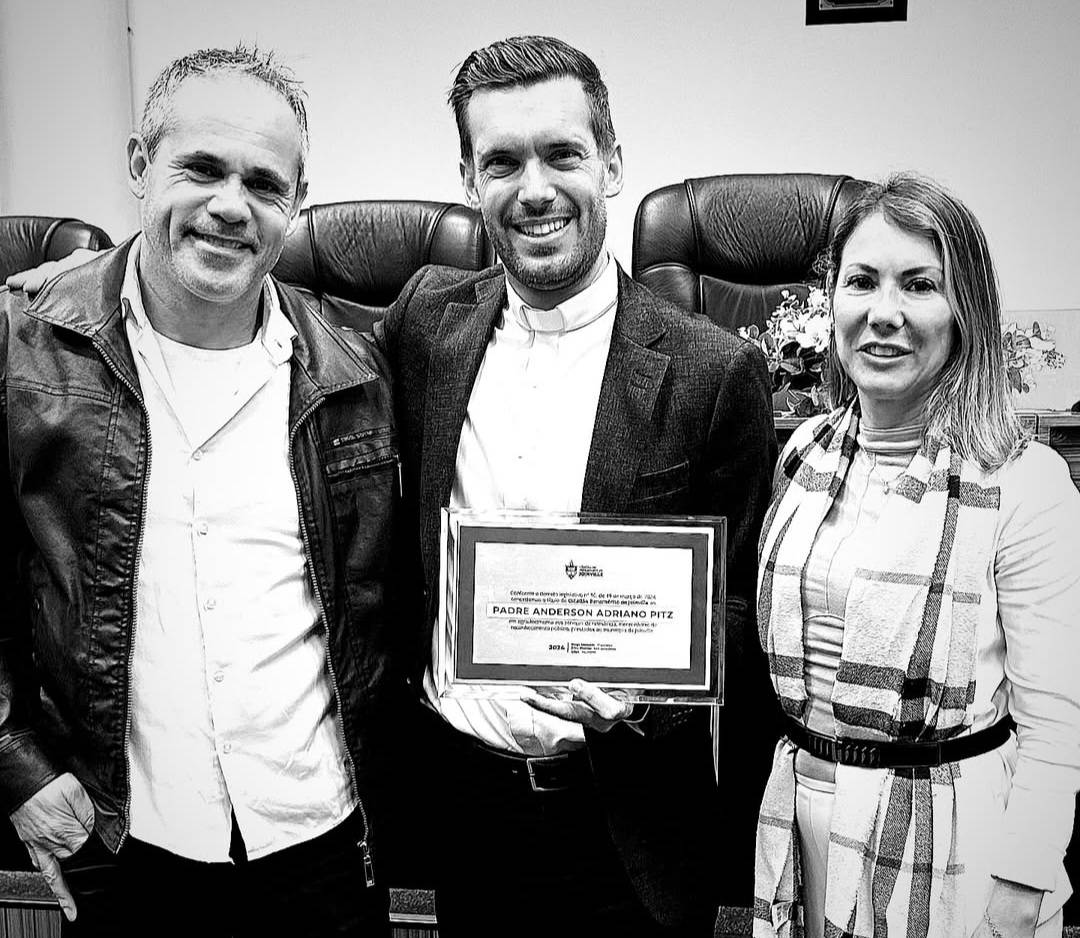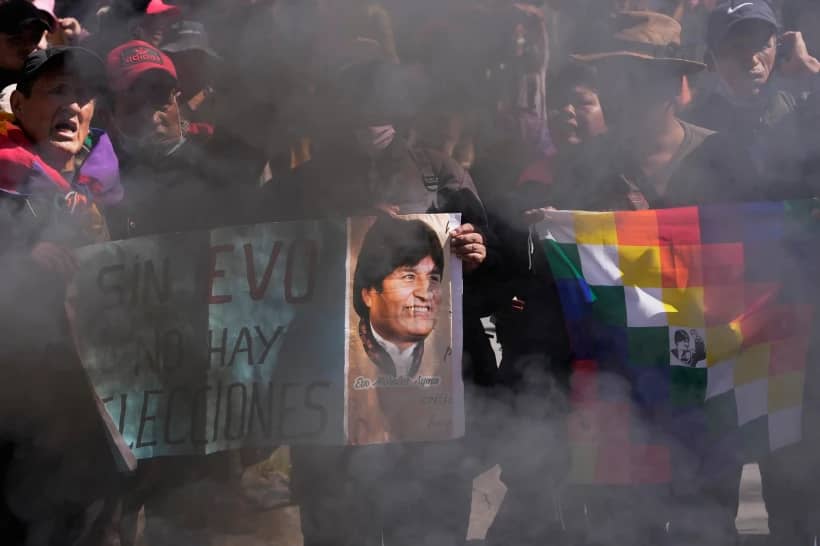TORONTO, Canada — The Catholics of Toronto staked their election flag in the territory of reasoned, respectful debate at the largest, nonpartisan, live-audience election event of 2019.
The #CatholicVote2019 debate produced and hosted by the Archdiocese of Toronto Oct. 3 attracted about 1,000 people to the John Bassett Theatre in the Metro Toronto Convention Centre downtown, but also went live to thousands more as it was livestreamed in parish halls, offices and homes from coast to coast. During the event, about 1,000 screens were tuned into the debate, some of them representing an audience of over 150 people watching on large screens at their parishes.
The whole point was to present a Catholic approach to politics that relies on reason and discernment, Cardinal Thomas Collins of Toronto said before the debate got underway.
“We need to have people engage in rational discourse with one another in a courteous way,” the cardinal told The Catholic Register. “They can still disagree. They can still feel passionately about what they say and they may passionately disagree with the positions taken by others. But they should be able to discuss and continue the conversation.”
Too often politics today devolves into shouting, slogans and a tragic failure to listen, Collins said.
“When we shut down the conversation by, for example, calling people names or something then what more do we say? The conversation ends,” he said.
Canadians go to the polls Oct. 21 to elect representatives from their ridings, or legislative district, to the House of Commons, one of two houses or Parliament and the only house that has legislative power.
The debate was also an opportunity for Catholics with a stake in particular issues to put questions to the politicians. In pre-recorded videos projected on a large screen behind the candidates, Sister John Mary, Toronto superior of the Toronto Sisters of Life, posed questions about abortion, palliative care and euthanasia; Carl Hetu, national director of the Catholic Near East Welfare Association, asked candidates about persecution of Christians worldwide; Deacon Rudy Ovcjak, director of the archdiocesan Office of Refugees, asked about refugee policy; teacher Jeff Cole and Grade 11 student Emmerson Garces from Patrick Fogarty Catholic Secondary School challenged the politicians on climate change.
“And why should they not have their voice heard and their questions presented before the people in power?” Collins asked.
It’s overwhelmingly people of faith who run shelters and food banks, help refugees begin a new life, lobby governments for affordable housing, reach out to the ill and the abandoned, said Collins.
“This country would be a colder and darker place were it not for people of faith,” he said. “Their voice should speak out loudly. All of these issues are important for us because they are matters of faith and reason, and people on the ground are going to be asking the questions.”
The event was largely ignored by national media, with the National Post sending a reporter and photographer, and Radio Canada sending a French language reporter. Coverage was extensive in major faith-based media, including live broadcast of the debate by Salt and Light TV and the Evangelical Crossroad Communications program “Context With Lorna Dueck.”
Within 12 hours, more than 3,400 people had watched the more-than-two-hour debate on YouTube.
The #CatholicVote2019 rose to the fifth most used hashtag in Toronto on Twitter during the debate.
The five national party representatives each made a case that their parties valued the contributions faith communities, prioritized families, believed in a cleaner environment and economic opportunities, and welcomed individuals from all faith backgrounds in their two-minute opening statements.
On the specifics, none of the parties with sitting members of Parliament could commit to writing abortion back into the criminal code, though Conservative Party representative Garnett Genuis of Alberta said his party would allow its members to express their views at March for Life rallies and on social media. Genuis also criticized the Liberals on their 2018 summer jobs policy, requiring employers to certify that they do not actively oppose abortion.
People’s Party candidate David Haskell claimed his party already has legislation written that would ban third-trimester abortions, but the party has no elected members of Parliament and, on the day of the debate, was polling at 1 percent in a Nanos poll.
On refugees, New Democratic Party candidate Matthew Green of Ontario called for the next government to scrap the Safe Third Country Agreement with the United States, pointing out that his ancestors, escaped slaves who traveled the underground railway to Canada, were the first Christian refugees to Canada. Both Genuis and Liberal member of Parliament Francesco Sorbara of Ontario claimed they would dramatically expand private sponsorship of refugees, a program dominated by church groups.
Genuis drew applause by promising to revive the canceled Office for Religious Freedom, headed by an ambassador. Sorbara was hit with a negative outburst from the audience when he said the Office for Religious Freedom had been “ineffective.”
Green Party candidate Dan Turcotte, also of Ontario, called for an end to subsidies for fossil fuels.
“We have the most beautiful country in the world and we need to be leaders,” he said.
Swan is associate editor of The Catholic Register, Toronto.
Crux is dedicated to smart, wired and independent reporting on the Vatican and worldwide Catholic Church. That kind of reporting doesn’t come cheap, and we need your support. You can help Crux by giving a small amount monthly, or with a onetime gift. Please remember, Crux is a for-profit organization, so contributions are not tax-deductible.

















